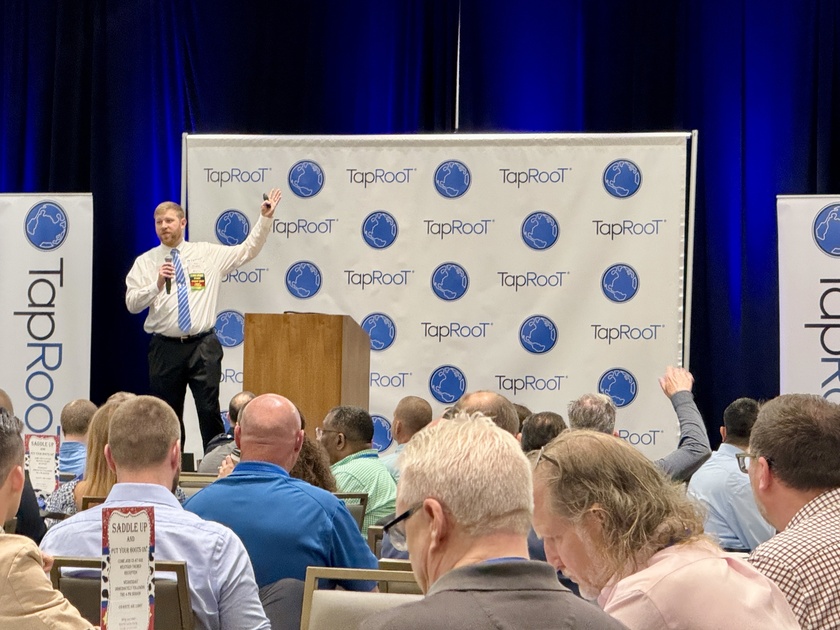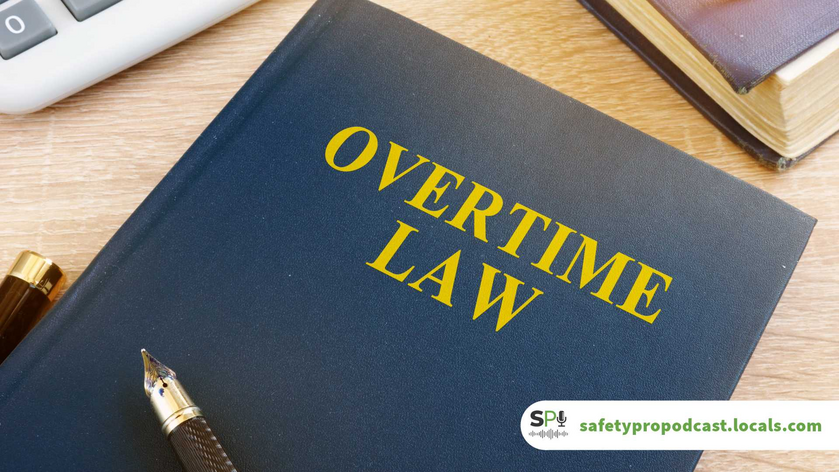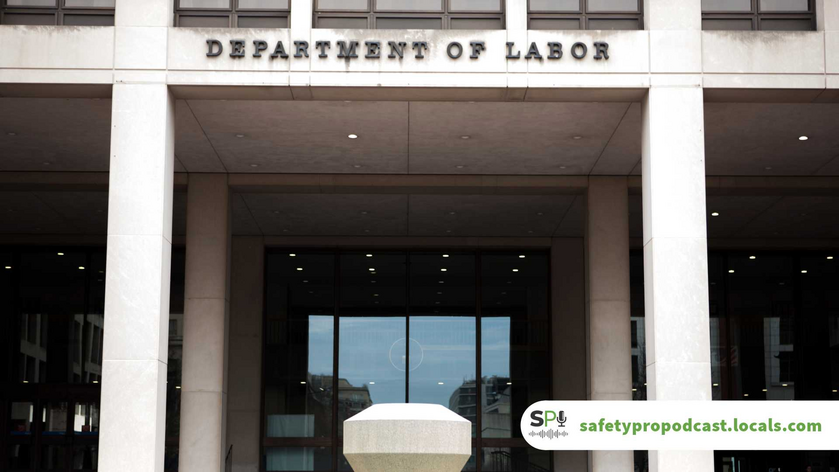A final rule issued by the Mine Safety and Health Administration (MSHA) hopes to reduce miners' exposure to respirable crystalline silica, recognized as a significant health hazard, and to enhance respiratory protection.
The rule sets a new permissible exposure limit (PEL) for respirable crystalline silica at 50 micrograms per cubic meter of air for an 8-hour time-weighted average across all mines, with an action level of 25 micrograms.
The comprehensive measures introduced in the final rule include:
Exposure Monitoring: Mine operators must regularly sample air quality to assess levels of respirable crystalline silica and evaluate changes in mining production, processes, or equipment that could affect exposure.
Corrective Actions: Immediate action is required if monitoring shows that exposure exceeds permissible levels. This includes implementing additional controls to reduce silica dust and re-evaluating effectiveness through further sampling.
Respiratory Protection: Temporarily requires the use of respirators at metal and nonmetal mines if silica levels exceed the PEL during periods when engineering controls are being developed.
Medical Surveillance: Mandatory health checks for miners to identify early signs of silica-related diseases, ensuring continuous health assessment.
These updates are designed to mitigate health risks like silicosis and lung cancer, aligning miners' protection closer to standards in other industries. Compliance timelines vary, with some requirements taking effect in 2024 and others in 2026.

Blaine J. Hoffmann has been in the occupational safety & health industry for over 28 years and is the author of "Rethinking SAFETY Culture" and "Rethinking SAFETY Communications," available now. Blaine is the producer and host of The SafetyPro Podcast and founded the SafetyPro Podcast community site.

























